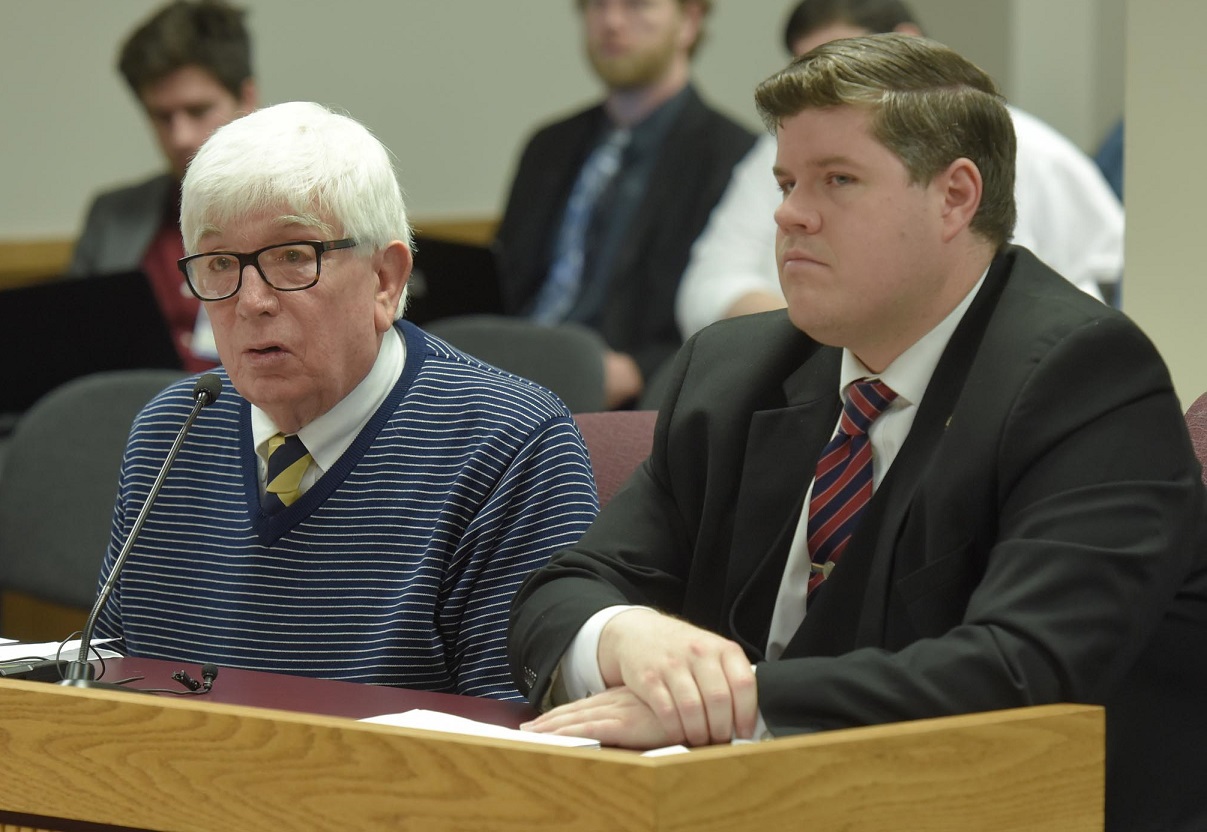Fueled by emotional testimony from several lawmakers, a proposal to let women in prison have their babies with them has received initial approval in the Missouri House.

House Bill 1897 would let incarcerated women in Missouri live with their infants for up to 18 months if they meet certain criteria.
House members have heard that in other states such programs have been beneficial to mothers, children, and those states. Recidivism among participants has been minimal and children have benefitted from bonding with their mothers and being less likely to enter foster care. States, meanwhile, have saved money due to reduced recidivism and need for foster care, among other factors.
The bill is sponsored by Representative Bruce DeGroot (R-Ellisville).
He became tearful as he said the bill makes him think of his own mother and her reaction to this and other bills he’s worked on.
Several representatives thanked DeGroot and Representative Curtis Trent (R-Springfield), who filed the same bill, for bringing the proposal forward.
“Gentlemen, don’t sell yourself short. This bill is remarkable and it’s going to change not just the lives for people who have unfortunately experienced going to jail but the lives of those children who are going to get to experience their mother,” said Representative Raychel Proudie (D-Ferguson).
Trent marveled at the widespread support this proposal has garnered from within and outside the legislature.
“When all these kinds of people can come together, when all these different perspectives can be taken into account, when that process can yield something like this bill, which has the tremendous bipartisan support … which has the tremendous support of the communities that are most effected all around this state, has the support of families, to me that is when this body and when this general assembly is at its proudest, is at its finest,” said Trent. “These children that are being born that will benefit from this program are children who will be our friends and neighbors and family for the rest of their lives and we can’t measure the impact that this will have on them.”
“What an amazing bill this is,” said Representative Rasheen Aldridge (D-St. Louis). “This is more than just a feel good bill. This is one of these pieces of legislation that I know when I walk away I’m going to be happy to say, you know, Missouri did something really great. We did something historic. We did something that when other states look at criminal justice reform, when they look at legislation that is being passed, they’re going to look at Missouri and say we did something right.”
Aldridge encouraged other members to add their names to the list of the bill’s co-sponsors to send a strong message of support to the Senate if and when the measure is sent there. By Friday afternoon the list of co-sponsors had grown to 27 House members.
If HB 1897 becomes law it would be up to the Department of Corrections to administer the nursery program and determine which women could participate. Potential participants would be screened for mental health issues and could have no record of violent offenses or child abuse.
Another favorable vote would send the proposal to the Senate.








